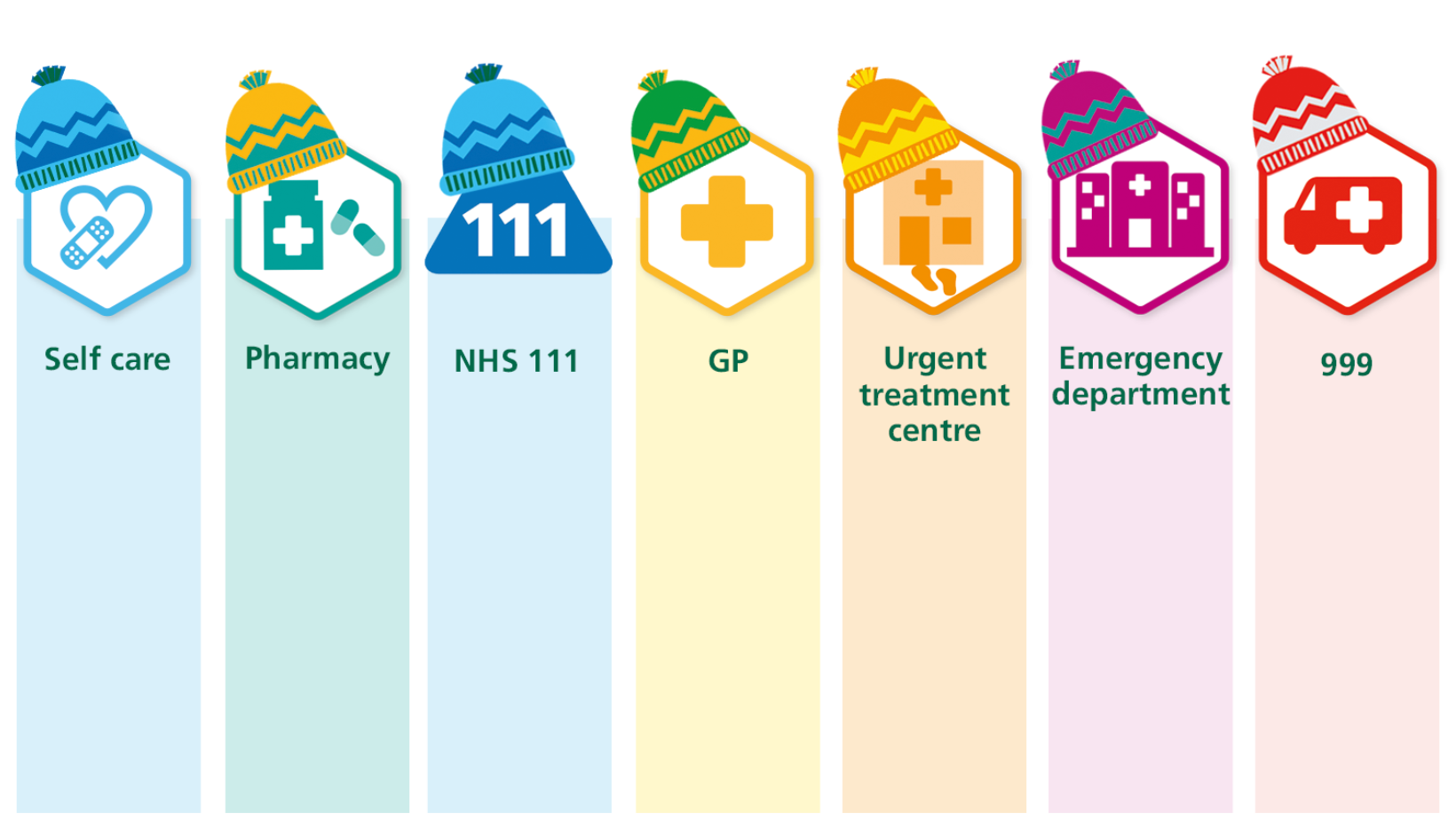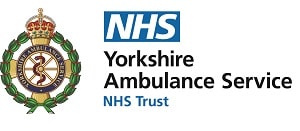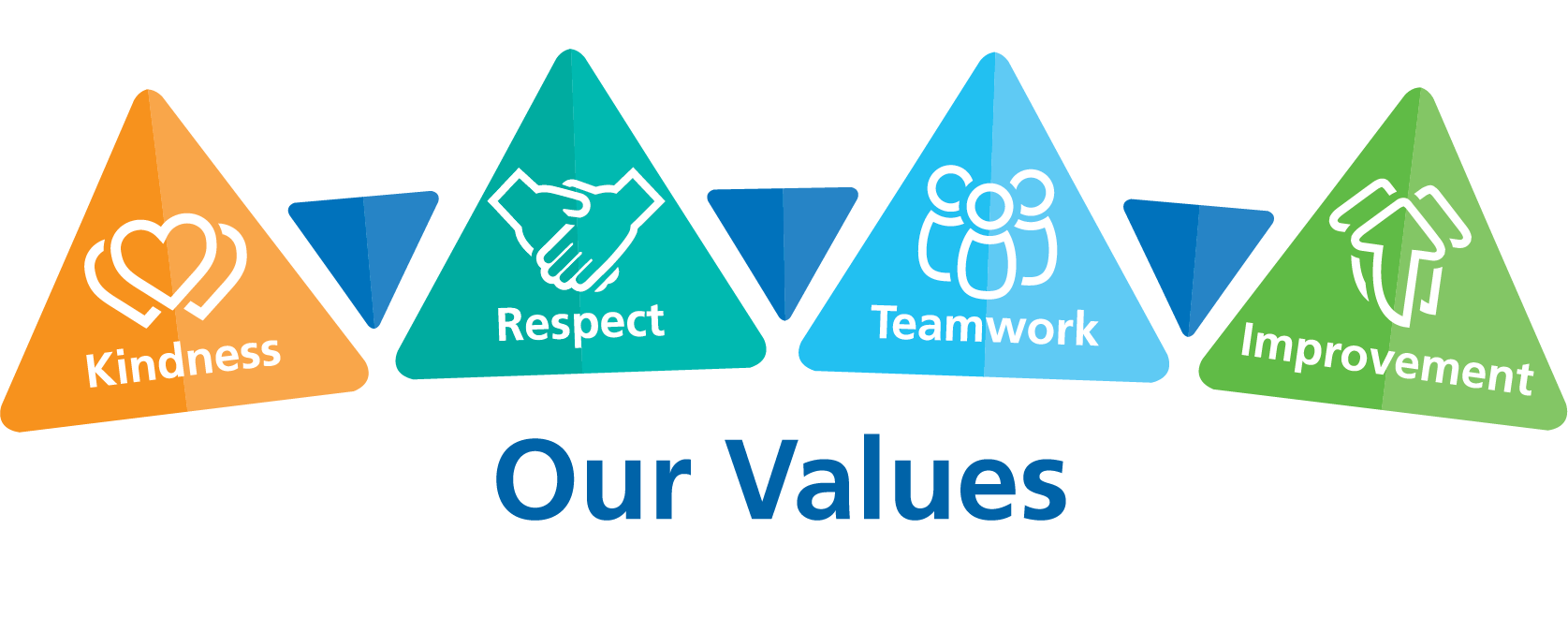Region’s ambulance service urges public to use 999 wisely
21 December 2023

Yorkshire Ambulance Service is asking people to think about the appropriateness of calling 999 as it faces the challenging festive period.
The service is already dealing with high demand against a backdrop of operational pressures across the NHS and this is expected to increase on the busiest days of the festive period.
Between 22 December 2023 and 3 January 2024, it is predicted that our staff will be dealing with an average of over 3,800 emergency calls every day which equates to around one call every 20 seconds.
Members of the public have a key role to play by ensuring they use the 999 service responsibly, so that there are resources available for the most poorly patients.
Nick Smith, Chief Operating Officer for Yorkshire Ambulance Service, said: “The ongoing operational pressures across the wider NHS and high levels of demand for all services have impacted on us. Whilst we are doing all we can to ensure that our patients get the help they need, we need everyone to consider the appropriateness of making a 999 call.
“We always prioritise our response to the most seriously ill and injured patients. The public can help with this by knowing when to call 999 and when another NHS service is more appropriate.
“If someone is seriously ill or injured and their life is at risk, you should call 999 immediately. If not, please consider other healthcare options.”
999 calls genuinely needing time-critical care include chest pain, difficulty breathing, loss of consciousness, severe loss of blood, severe burns and scalds, choking, fitting/convulsions, drowning, severe allergic reaction, heart attack, stroke and major trauma such as a serious road traffic accident, stabbing, shooting, fall from height or a serious head injury.
For other illnesses and injuries, consider other more appropriate healthcare services such as:
- Self-care
- Pharmacist
- Visit the NHS website www.nhs.uk
- GP
- Visit NHS 111 online at 111.nhs.uk or call 111
- Urgent treatment centre/walk-in centre/minor injuries unit
- Make your own way to your local emergency department.
Nick Smith also reminded the public that calling 999 doesn’t mean we’ll definitely dispatch an ambulance. The Trust will provide the most appropriate response for your need; this may be a clinical telephone assessment or referral to another NHS service.
He added: “Our amazing staff are doing their best to respond as quickly as possible to all 999 calls, but we acknowledge that there may be a delay at exceptionally busy times. Please don’t ring us back to ask how long the crews will be. This could delay us speaking to another caller about a seriously ill or injured patient. Only ring us back if the patient’s condition worsens, they no longer need our help or if they are making their own way to hospital.”
Produced by: Corporate Communications Department

